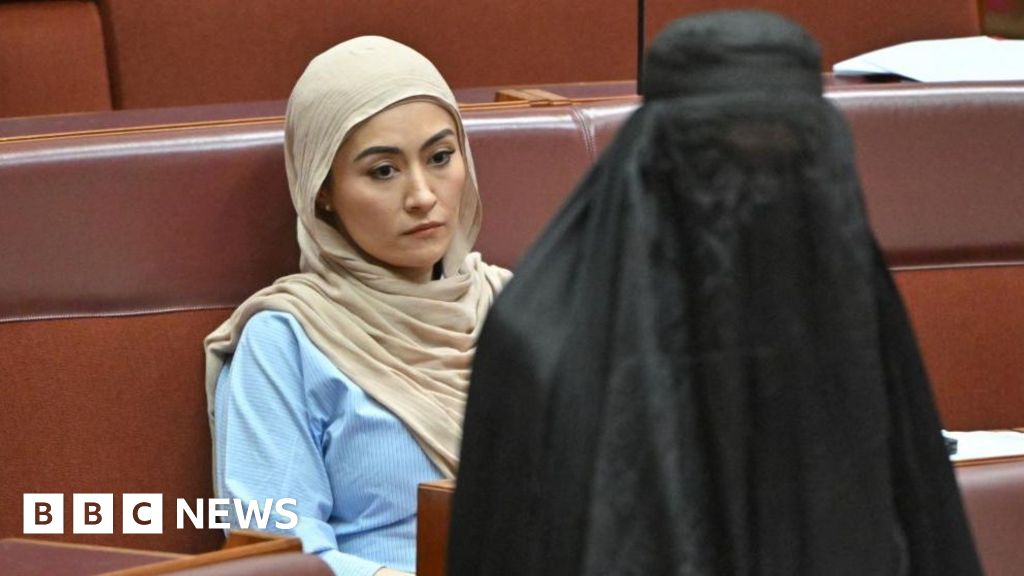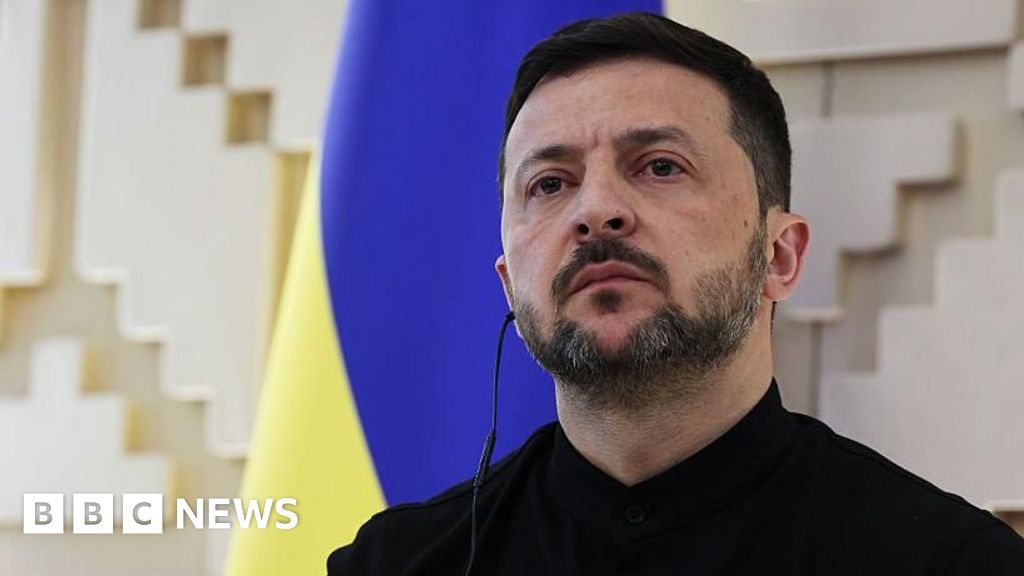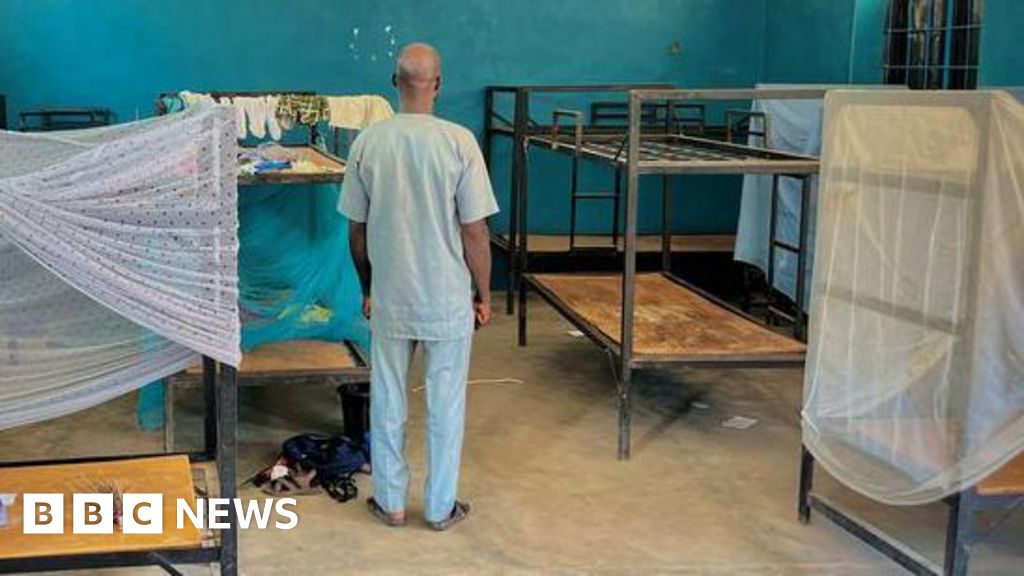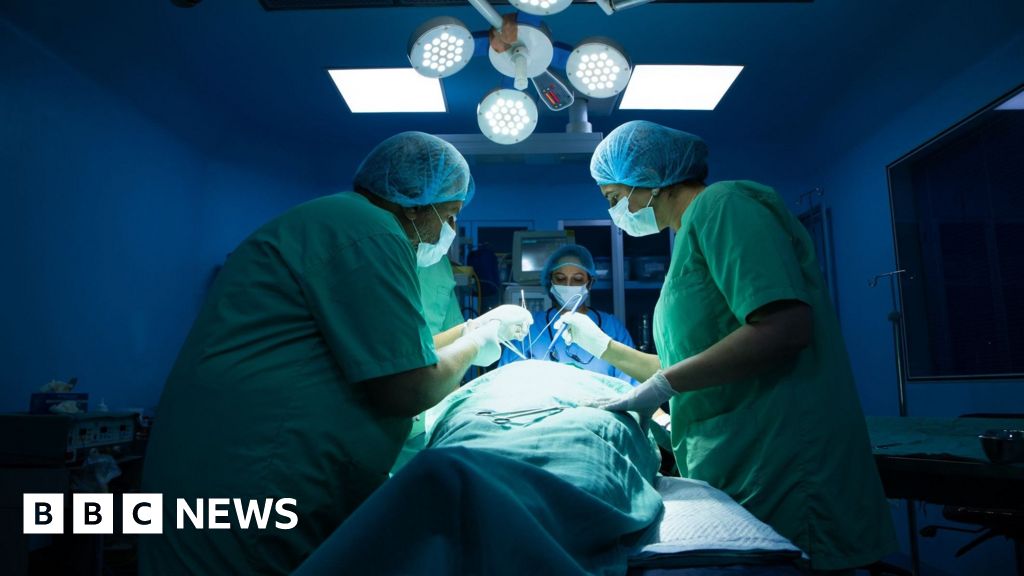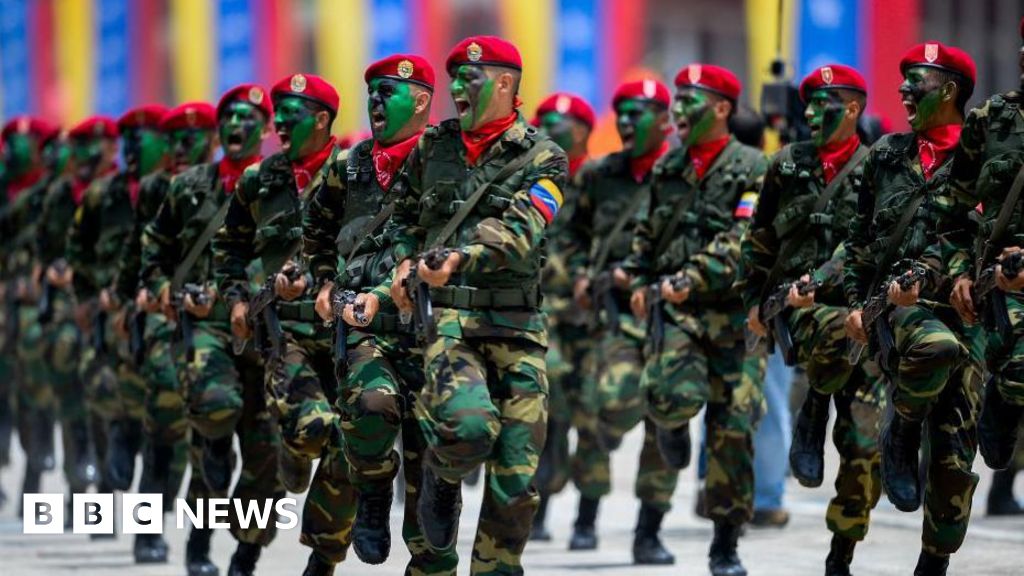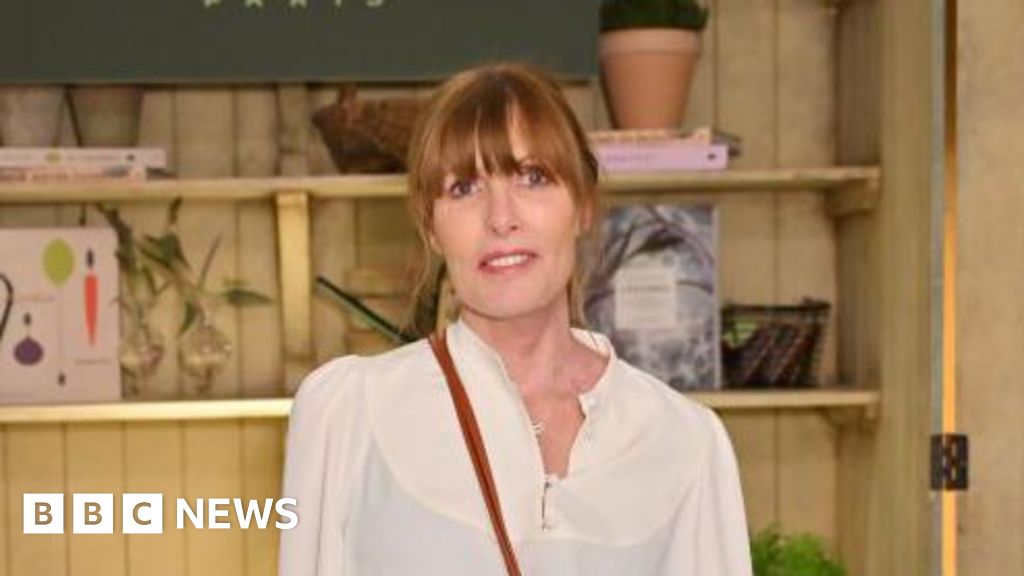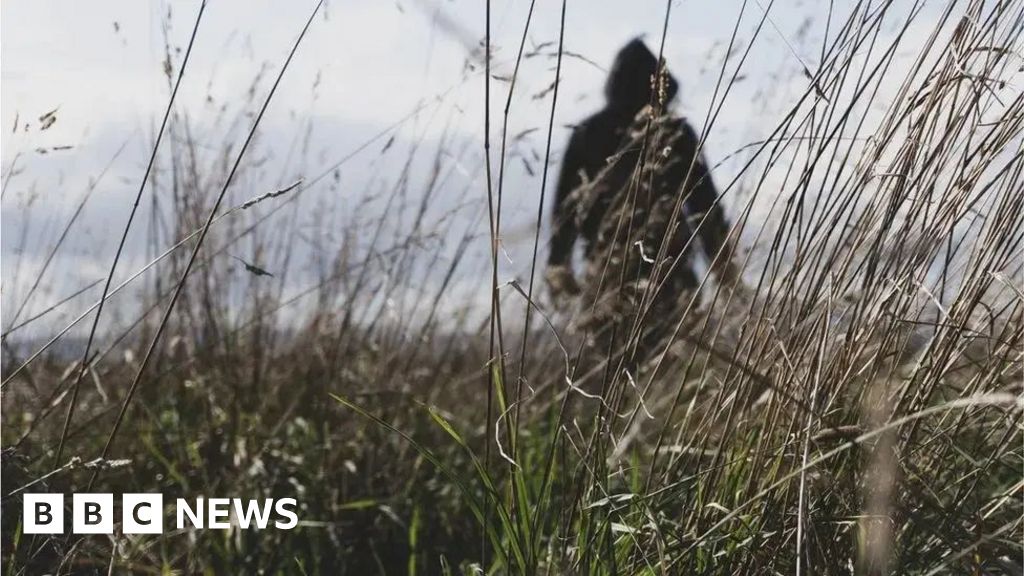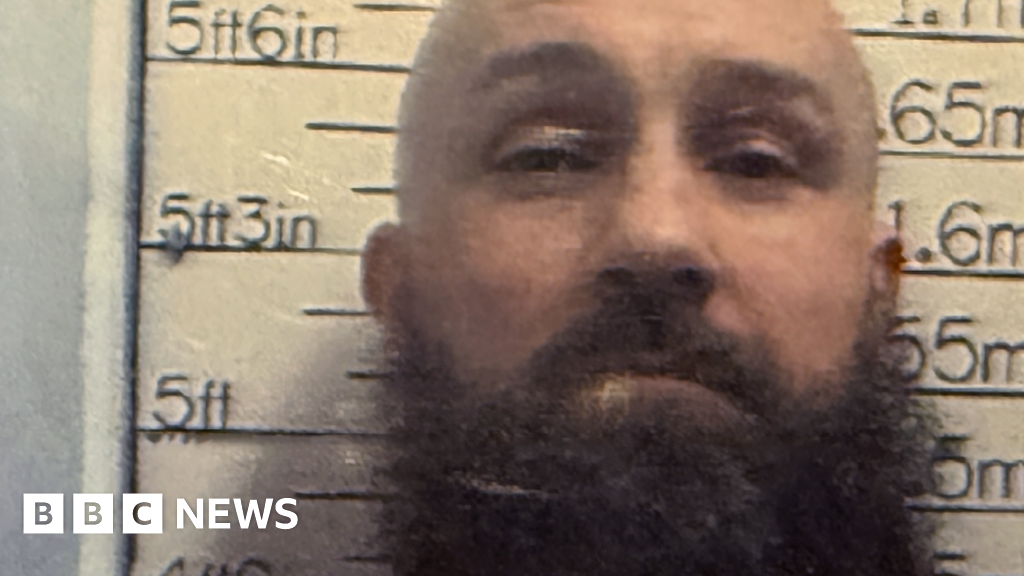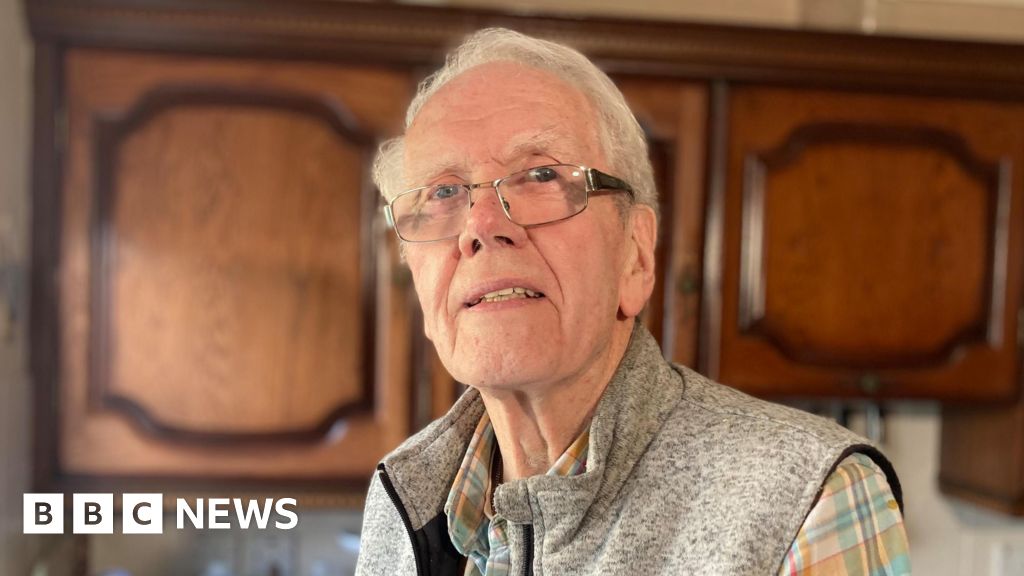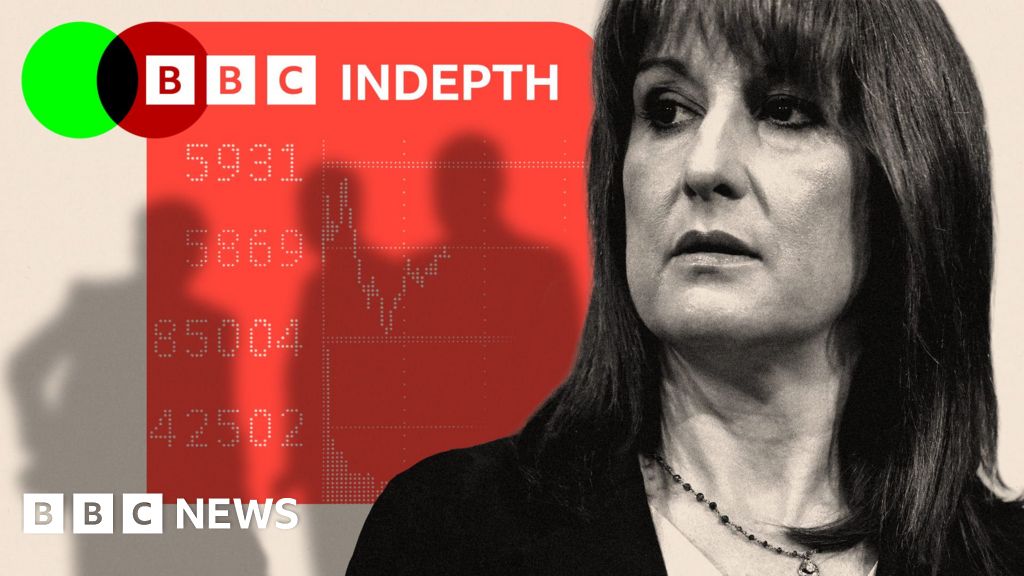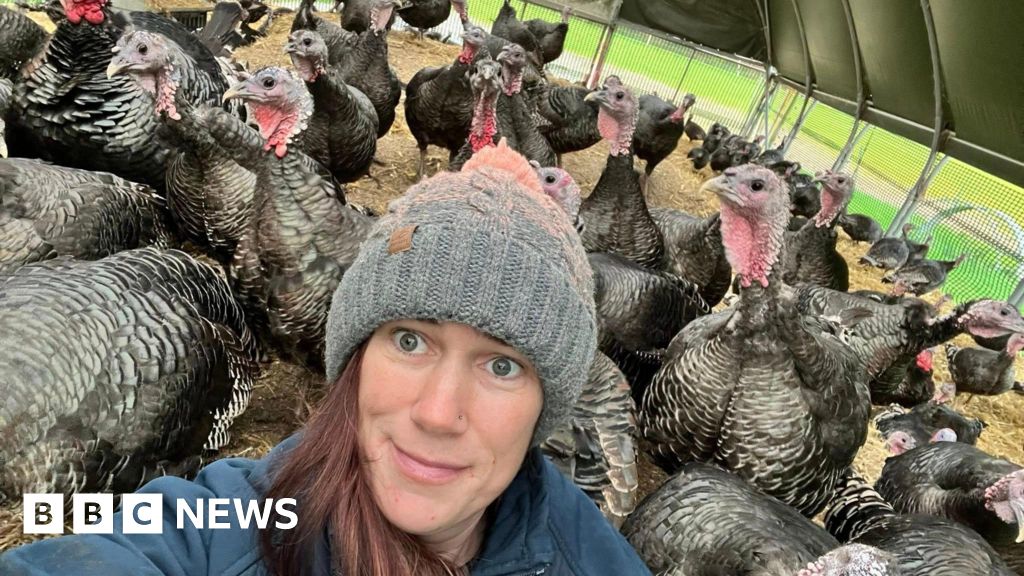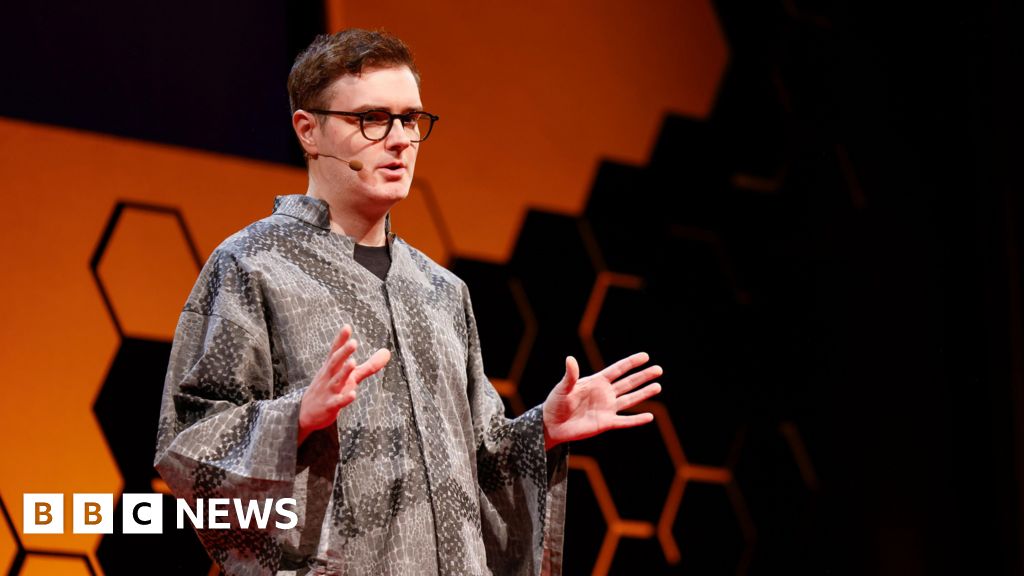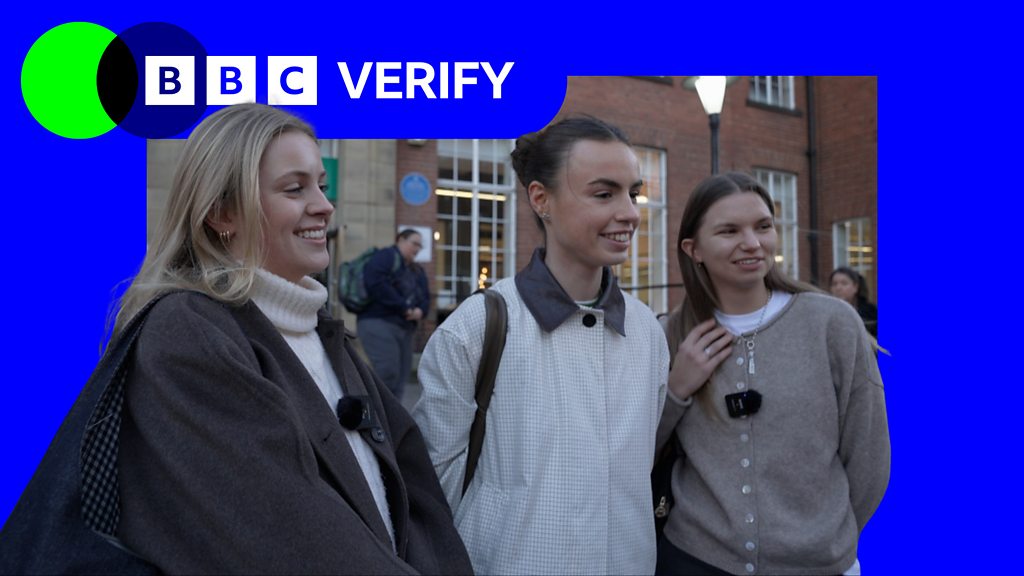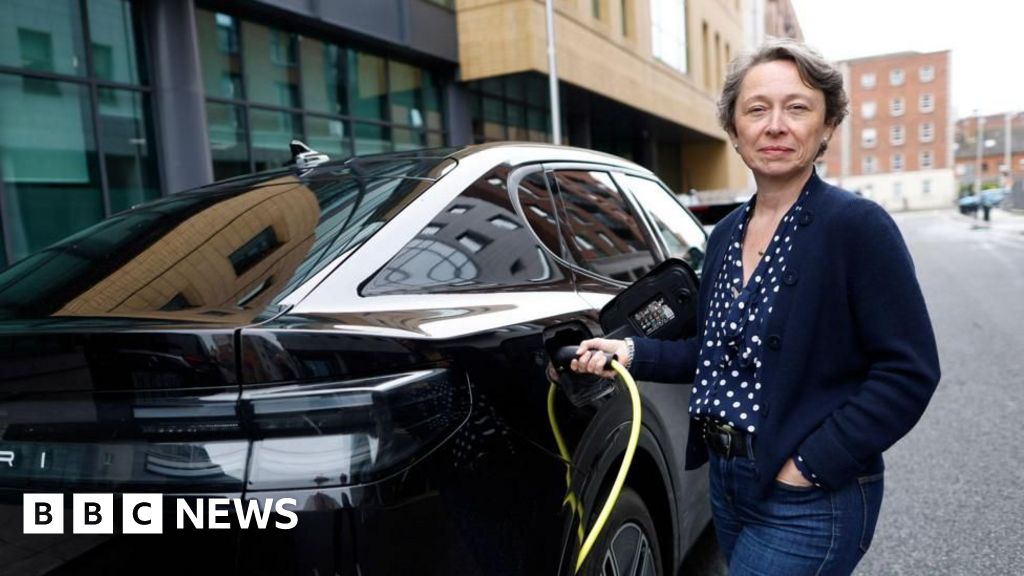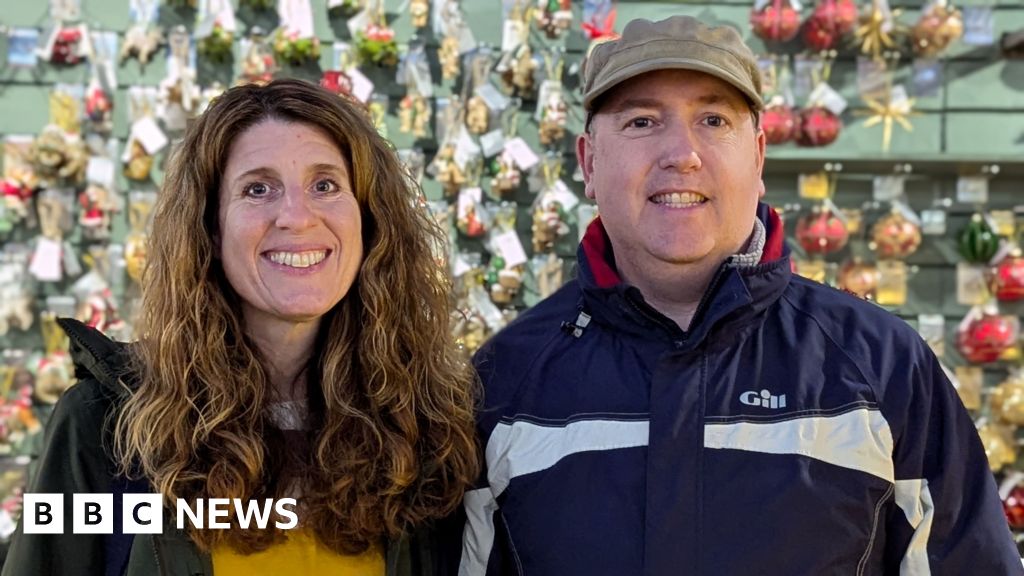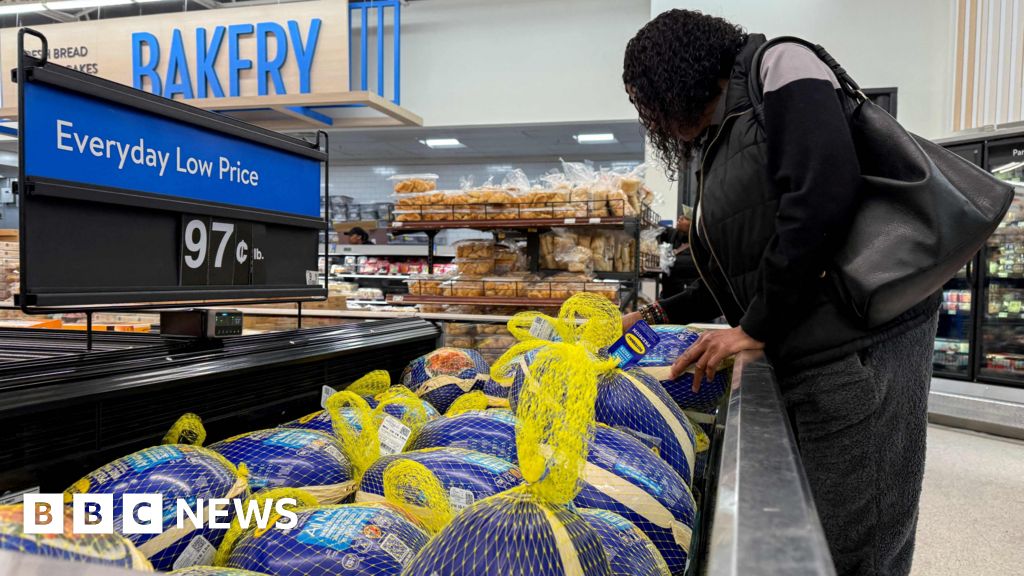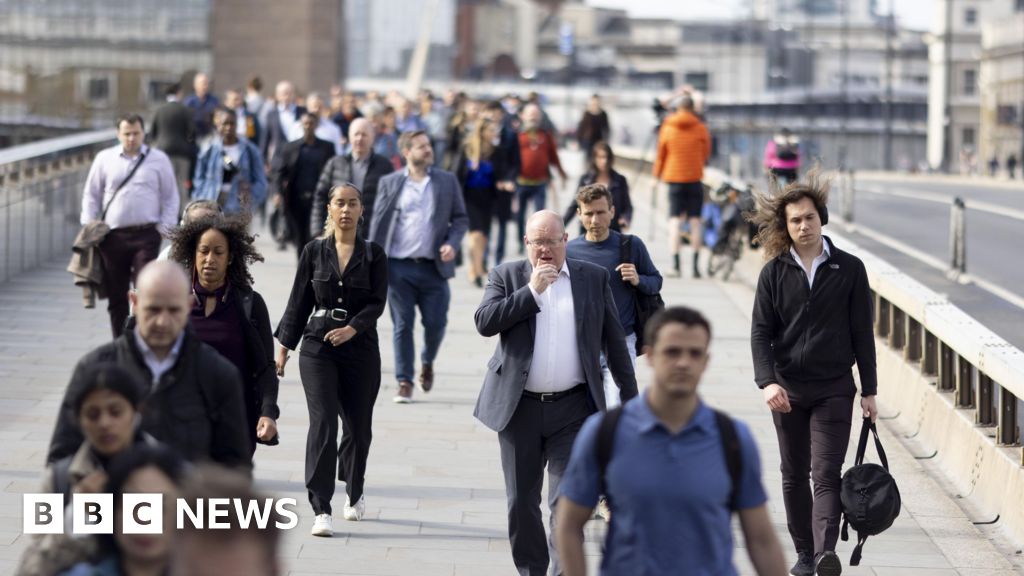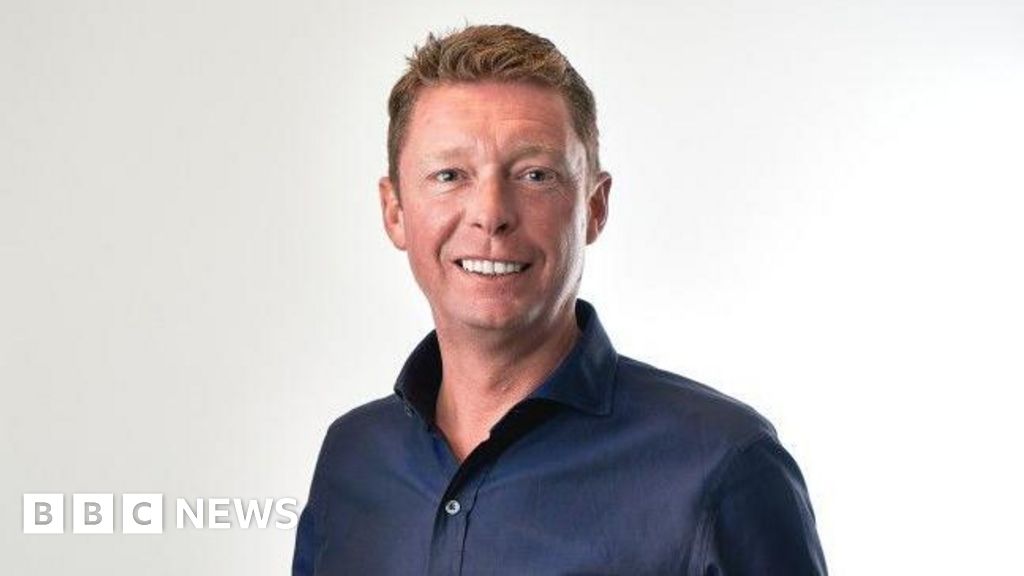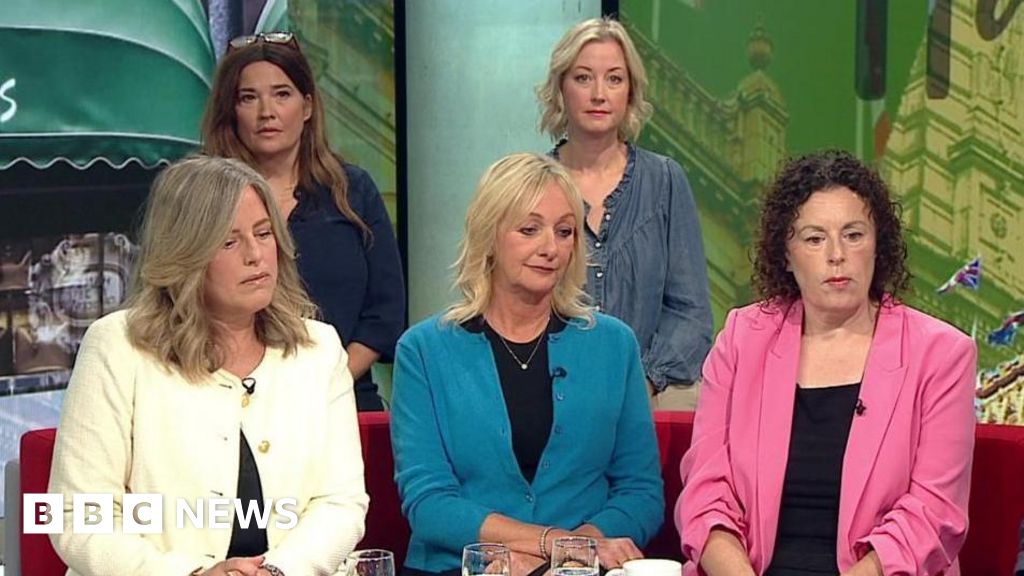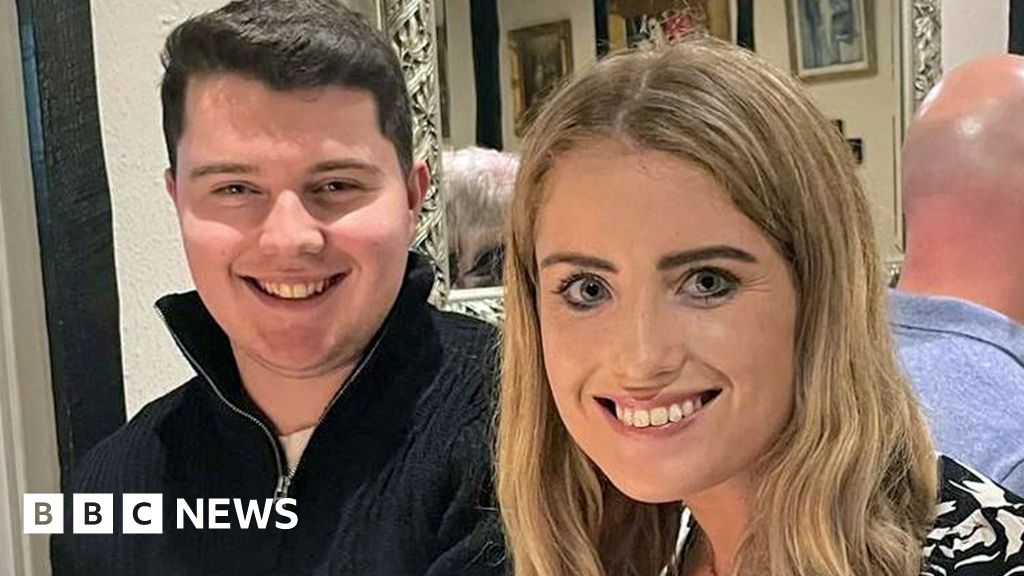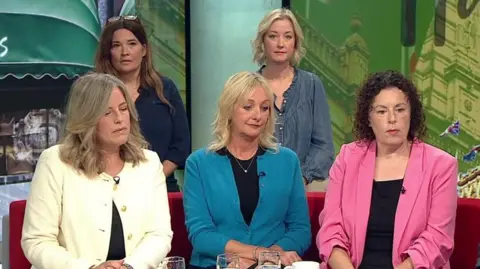 BBC
BBCWomen working at Harrods were like “lambs to the slaughter” during the years Mohamed Al Fayed was able to use his London department store to carry out abuse at will, one of his accusers has said.
Lindsay was one of five women who shared their story with BBC Breakfast, and discussed the night she says she was drugged and subjected to an attempted rape during a work trip to Paris.
Jen also spoke on the programme, opening up in public for the very first time about her ordeal 35 years on.
Their stories paint a common picture of how Fayed’s behaviour was enabled at Harrods. A growing number of accounts have emerged as part of a major BBC documentary investigation, Al Fayed: Predator at Harrods.
The five accusers urged other women with stories like theirs to come forward.
Lindsay
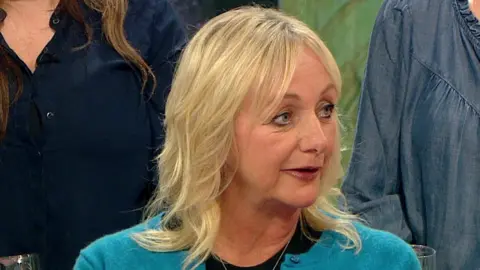
Sexual assault, harassment, daily groping, trafficking, attempted rape, false imprisonment: that is what Lindsay says her reality was while working for Fayed as a personal assistant for five months in 1989-90.
She has told some of her story before but this morning shared harrowing new details about the night she believes she was drugged and attacked in Paris.
Lindsay recounted having dinner with Fayed, another colleague and three celebrities, when she received a “tap on the shoulder by security” and was taken away.
Lindsay assumed she and her colleague were going to accommodation at the Ritz, the exclusive Paris hotel which Fayed also owned.
Instead, she was taken to a flat belonging to his son, Dodi.
“As you walked in, all the doors locked behind you. I said to the security guy ‘what’s that all about’.
“He said, ‘it’s just to keep you safe’ – but it was to make sure you couldn’t escape.
“It was the most terrifying night of my life.”
Lindsay says she has no memory of returning from Paris and sustained significant injuries. She says she was later held in a Harrods office by a colleague under the orders of Fayed.
She managed to escape.
“Harrods will never leave me,” she added.
“The thoughts, the memories I have from those tragic episodes are inside me.”
Fayed bought Harrods in 1985 and sold it in 2010.
The BBC has unearthed evidence which shows there was a culture of fear at the store during his tenure, a period when he could seemingly act with impunity without his predatory behaviour being challenged.
Its current owners have apologised unreservedly and said his actions were that of “an individual who was intent on abusing his power”.
Harrods has also confirmed it is investigating whether any staff still at the store were involved in any of the allegations against Fayed, after the BBC revealed one woman claimed a manager still employed there failed to investigate when she said she had been sexually assaulted.
Lindsay told the BBC that Harrods as a wider organisation needs to be held to account over a system which allowed Fayed to target women.
She added: “Who needs 25 PAs? They enabled this situation and left us like lambs to the slaughter.”
Jen
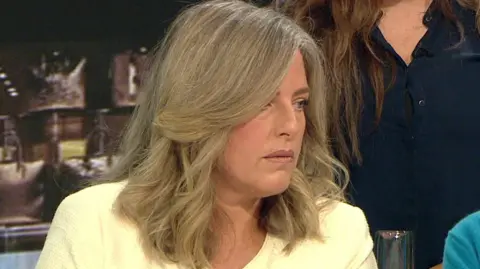
Jen, who has told her story publicly for the first time after waiving her anonymity, says she was subjected to a number of sexual assaults and attempted rape during five years working for Fayed.
“I have been living with this secret I’ve been deeply ashamed of for 35 years,” she said.
“I haven’t told a soul.”
She spoke about how Fayed “still felt like a threat until the moment he died” and how his death in August 2023 “helped me to be able to come forward without fear of any consequence”.
Jen recently told her family about her experience, a conversation she described as “something I hoped I’d never have to do”.
The accusers who spoke out today were in agreement that Fayed’s modus operandi was to make his victims feel isolated.
“He made you feel like you were the only person this was happening to,” Jen said.
She recounted how he asked to be called “papa” in private.
Fayed would tell her she should “look upon him as a father figure, that he would protect me and look after me”.
He provided a flat in Park Lane, central London, for her to stay in on the pretence that she wouldn’t have to travel home alone late at night.
Jen later discovered it was fitted with secret cameras.
Katherine
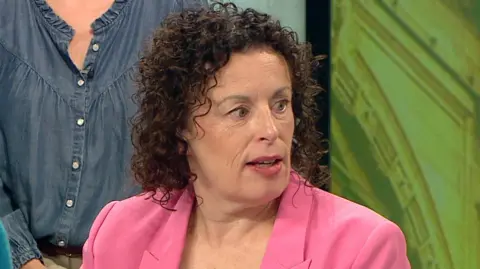
Katherine’s story was heard for the first time in public on BBC Breakfast.
She was hired in 2005 via an outside agency and was initially only told she would be working for a “high net worth” individual.
Soon after meeting Fayed, her new job became a misery.
“The first week or so was really humiliating. I had the Harrods attire of a black suit and he would call me into his office and tell me ‘this doesn’t doesn’t work’.
“He would rip the buttons off the front of my shirt and stuff money into my shirt pocket and tell me to buy more suits. I would come back the next day and he would repeat it and repeat it.”
That first week left Katherine “shattered”, and she realised she was in further harm’s way during a work trip to Paris.
“I realised I was in danger there because my door didn’t lock, I had to barricade it with a suitcase and a chair.
“Ultimately he forced himself upon me in his office. I fought him off and I told him ‘I’m a PA and a PA only, and that’s what I do’.
“He said ‘then you should have worked in the Post Office’. The next day my desk was gone and I lost my job.”
Gemma
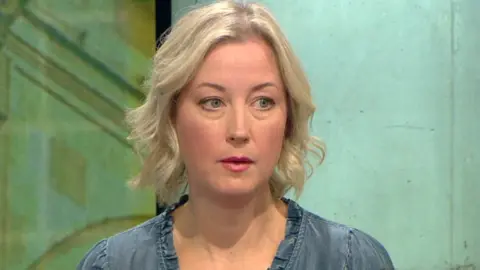
Gemma worked as a personal assistant for Fayed between 2007 and 2009.
She described how he would become “more frightening” during overseas trips, a pattern several of his accusers have attested to.
Gemma says she was raped during one of those trips in Paris.
She said: “It’s something that’s probably never going to go away… ultimately it feels like Harrods is never going to disappear.”
Like the other women the BBC has spoken to, Gemma fears there may be many more victims of Fayed out there.
She said: “It’s shocking the amount of women who’ve probably been involved over those years.
“It could be thousands, you just don’t know.
“In my time there must have been hundreds of women who were brought up to the offices and disappeared into meeting rooms and left crying.”
Gemma also spoke about how telling her story had been “helpful” for dealing with that trauma and praised the “amazing support” she has received from her co-accusers.
“We’re getting stronger together, day by day.”
Nicole
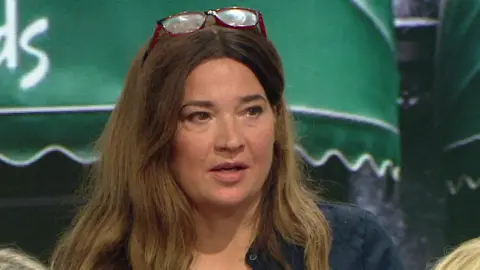
A common theme among the stories of women who worked at Harrods is of not realising the danger they were exposed to and the scale of Fayed’s abuse.
Nicole – who was also sharing her story publicly for the first time – said: “I really did feel that people weren’t being honest and open but it was a difficult thing to broach.
“I didn’t know what was true and wasn’t true, there were lots of rumours, people talked.
“But for me, his reputation was ‘he’s a bit of a letch, he’s a bit handsy’ – there wasn’t the more serious accusations, because there’s absolutely no way I would have worked for him if that was the case.”
Nicole, who worked for Fayed between 2005 and 2007, also spoke about the fear he instilled among those who worked underneath him: “There was a palpable anxiety, you could really feel this hum in the air…
“Everyday you had this anxiety… [and think] ‘how am I going to get through this day’.
“It was a battle to come through the day smiling.”
In a statement released after the BBC aired its documentary, Harrods said it is a very different place under its current ownership.
The store has reached financial settlements with several accusers and says it is committed to agreeing new ones speedily.
Many women are choosing to pursue justice via an alternative legal process. One of the lawyers leading that effort is Dean Armstrong, who said his team has heard from up to 200 women.
He told BBC Breakfast that his legal team are working on assembling a “worldwide claim” centred on Harrods involving incidents in several countries.
Mr Armstrong said there was a “whole system to facilitate” Fayed’s abuse at the store, which gave him the power to threaten women who threatened to speak out.
“I called him a monster last week,” the lawyer added. “I stand by that remark.”
All of the women who shared their stories with the BBC had one more thing in common: they urged others out there who may have been attacked at Harrods to come forward.
Jen assured victims who have not shared their experience that they would be listened to and supported, and urged them to speak to someone.
“We can’t hold him to account because he’s dead – but we can make sure that people know the truth about this man,” she added.
“He was not a gregarious, charity-giving clown – he was a dangerous sexual predator.”





